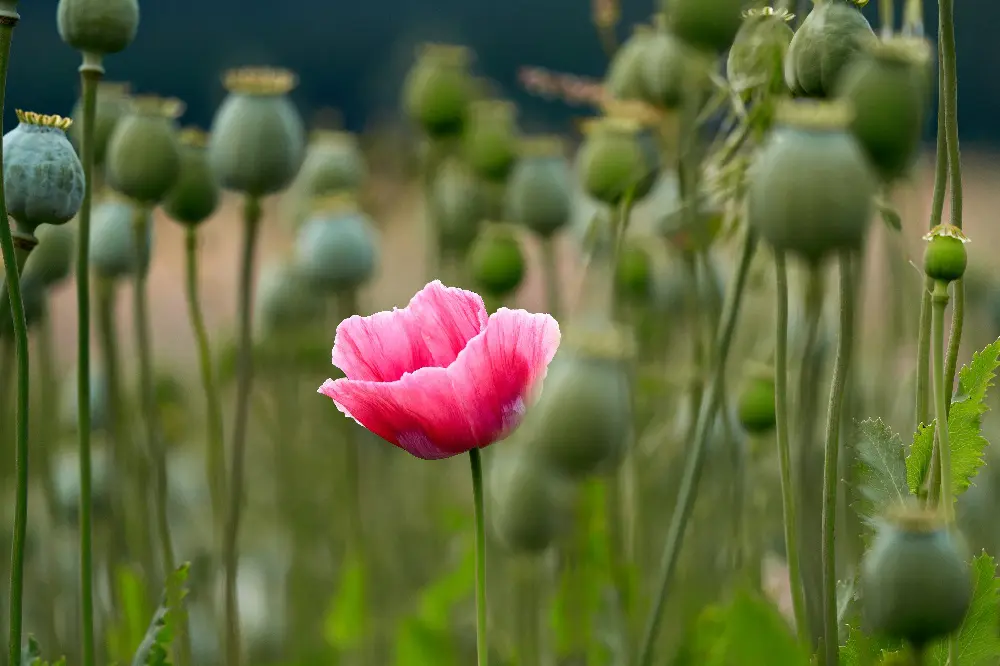Poppies are beautiful flowers that are easy to grow from seed. These delicate but striking orange, yellow, pink and red single-stemmed blooms are not only loved by gardeners but are a favourite among pollinators too.
The poppy is an ancient flowering plant rich in history and meaning. After World War I ended, poppies became an enduring symbol of remembrance as they bloomed profusely on the battlefields of the Western Front during and after the war.
As the plant originates from Europe and the mountains of Asia and North America, it grows better in cooler climates, but for gardeners who live in warmer environments, there are some species that can tolerate warm temperatures too. Learn how to grow these beautiful blooms in your garden.
How to grow poppies from seed
Poppy seeds can be sown in autumn for late winter and spring flowering in temperate zones. In cool climates, sow seeds from summer to early autumn.
Poppies need full sun for most of the day, shelter from strong winds, and grow best in loose, well-drained soil enriched with compost. To give poppy seeds the best chance of germinating:
- Pick a position in your garden that will suit the plant’s needs, gently rake the soil to loosen it and mix in good quality compost.
- Sow seeds thinly over the soil and cover them with a light scattering of seed-raising mix.
- Spray a fine mist of water over the seeds and keep them moist until seeds germinate but make sure they’re not constantly wet, as this can cause root rot. Seeds should sprout in 10 – 14 days.
When seedlings have grown a few centimetres high, carefully space plants out to 20 – 30 cm apart. As poppies develop a long tap root, they don’t like being moved, so take care when replanting seedlings. Water seedling regularly and mulch around the plants.
Once you have established poppy plants, don’t be tempted to let the first bud bloom. Leaving the first bud to bloom will prevent the plant from maturing as it will expend all its energy into producing its first flower.
For best results, pinch out early buds as they appear until the plant has fully developed. Once the plant has formed a good-sized clump, pick each flower as it blooms and place it in a vase to admire inside; this will help to prolong flowering, giving you more blooms to enjoy.
Poppy plants don’t require much water once they’ve settled in. Too much water will result in tall, leggy, and unappealing flowers.
Sow: autumn (temperate climates) summer to early autumn (cool climates)
Seeds germinate: 10 to 14 days
Soil type: loose, well-drained soil enriched with compost
Sunlight: full sun
Flowers emerge: within 8 to 12 weeks
Want to grow poppies in your garden or send someone a Gift of Seeds? Shop poppy seeds here.





